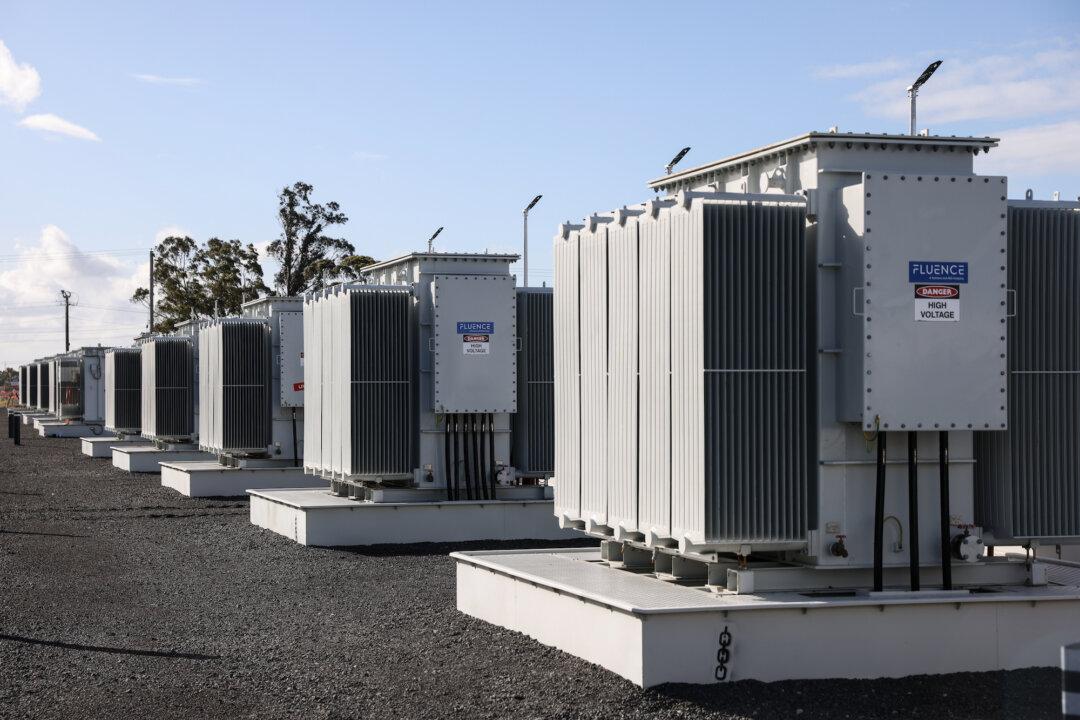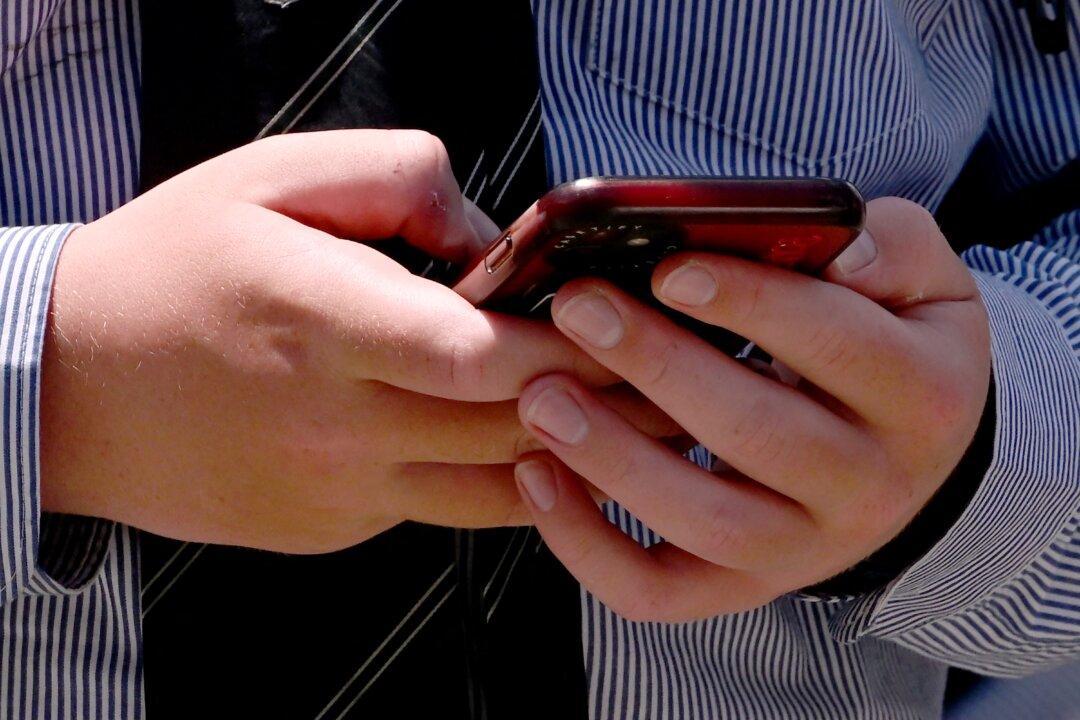Research from the Turner Institute for Brain and Mental Health at Australia’s Monash University has shown that the COVID-19 pandemic disrupted the sleep habits and dreams of people across the world.
The findings came out of a global survey on mental health and sleep, which was carried out during the pandemic with over 2000 participants, 45 percent of whom said they experienced changes in their dreaming. The results also showed that participants—who were monitored for 12 months—had more negative dreams, with many experiencing nightmares or dreams of threatening scenarios such as disasters and wars.





